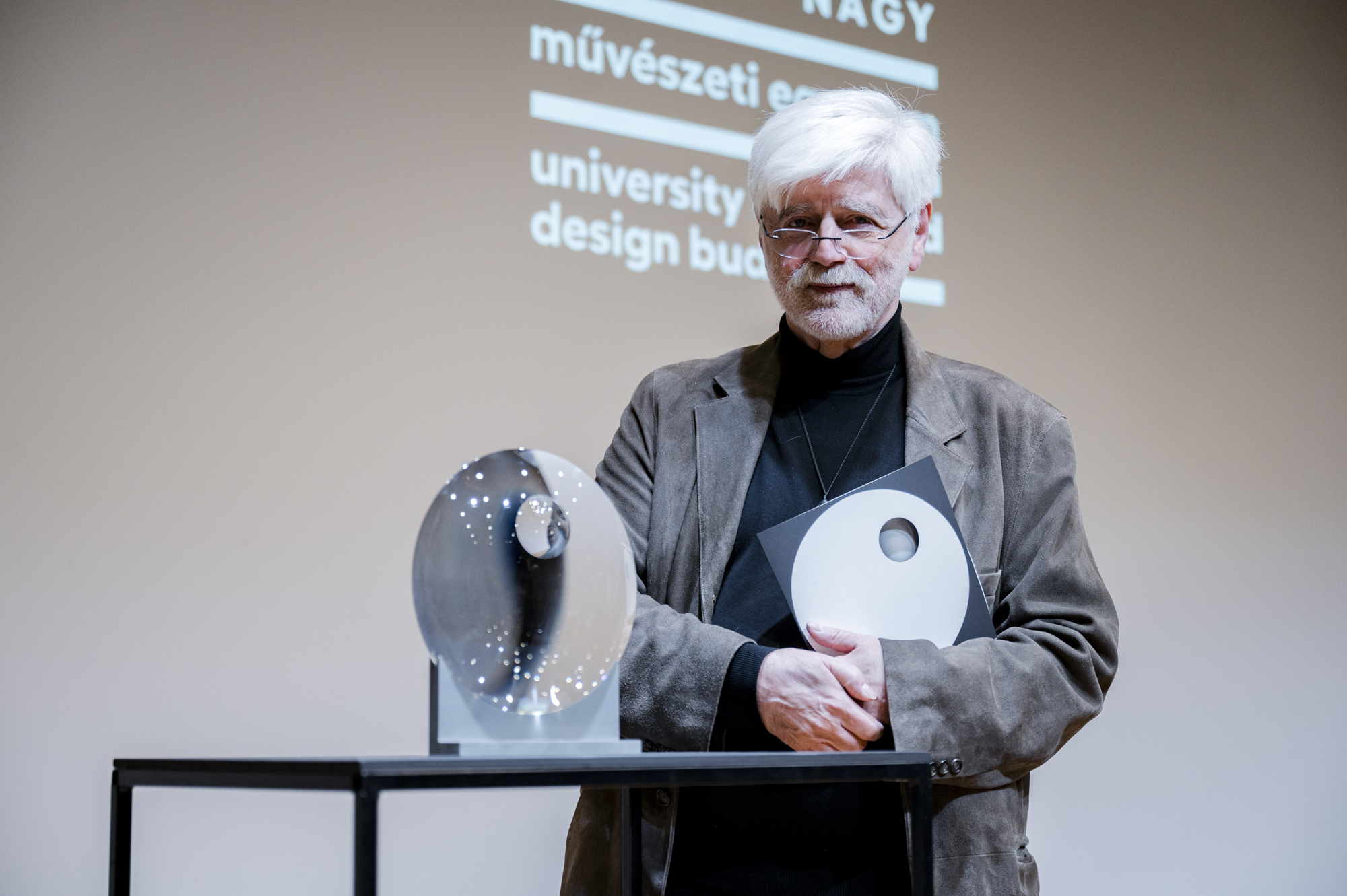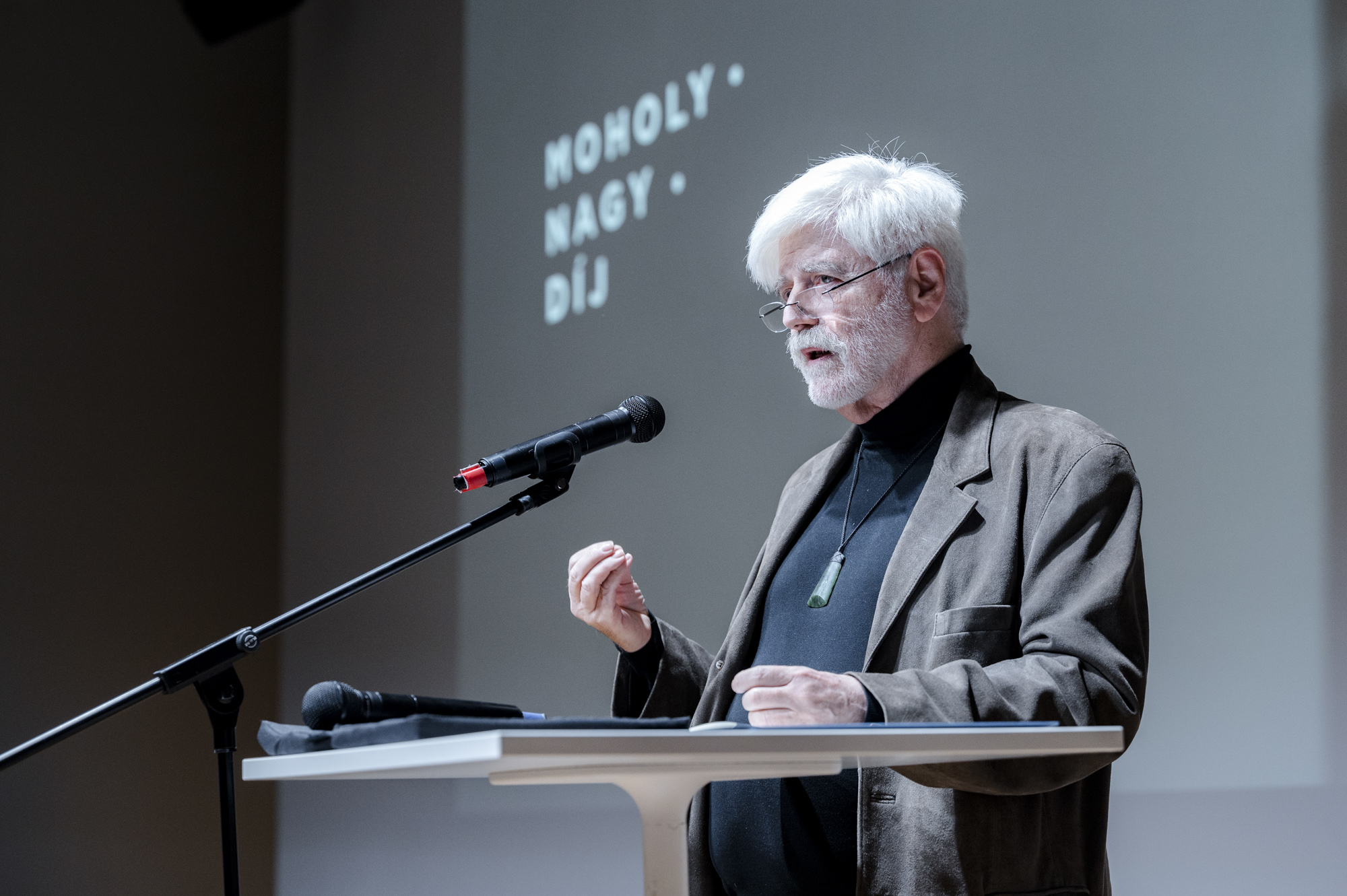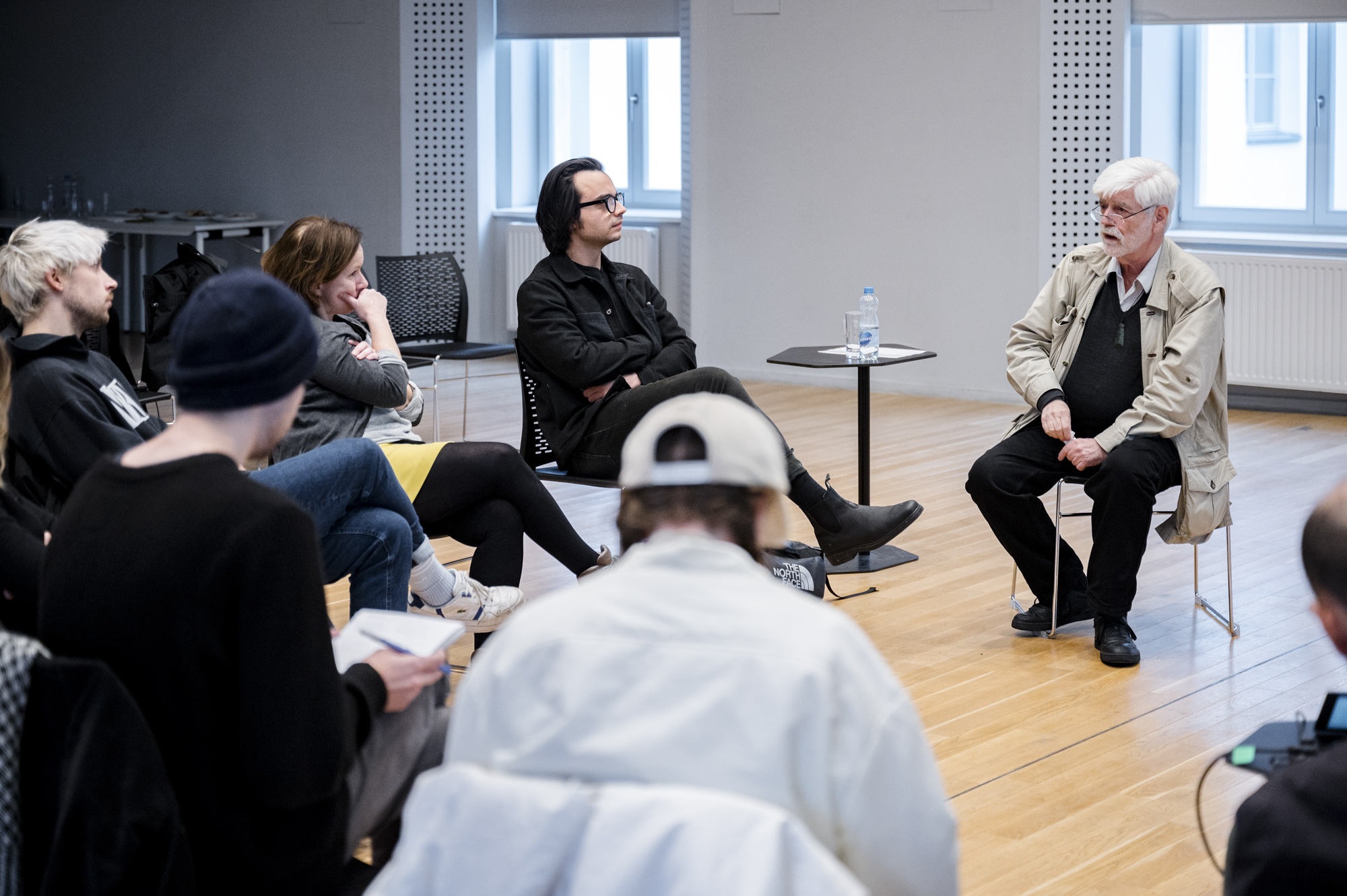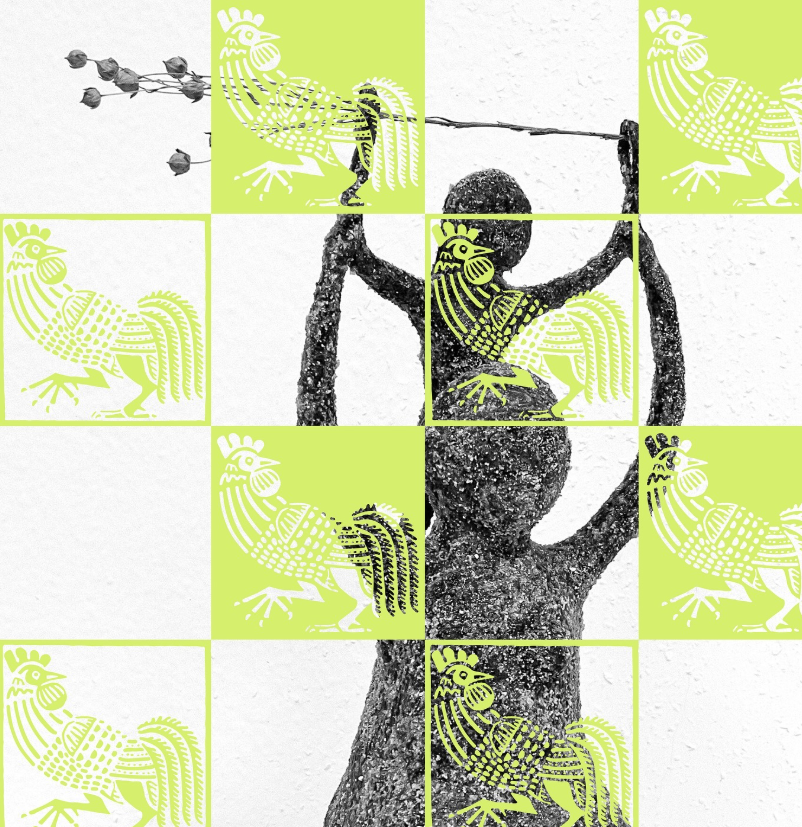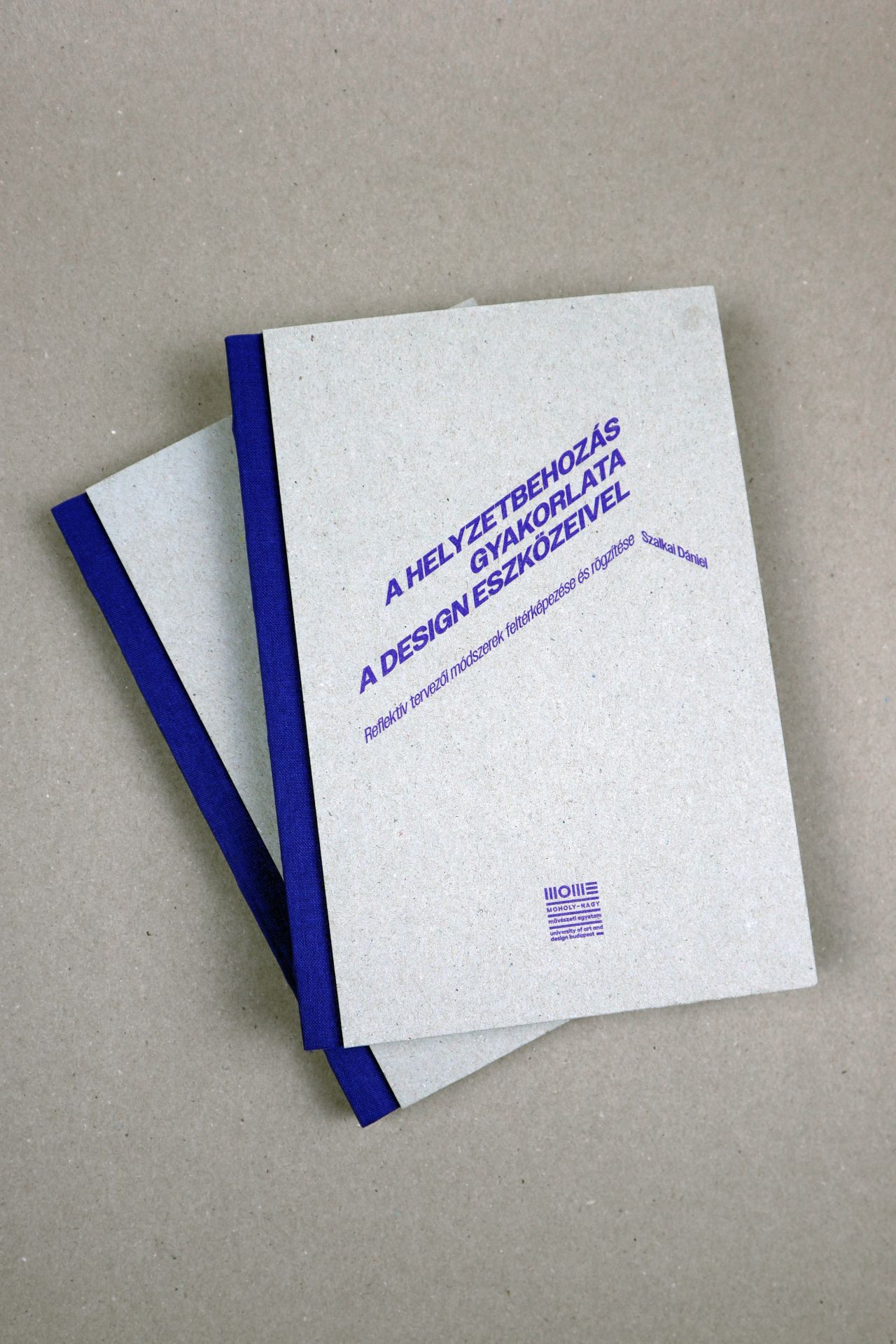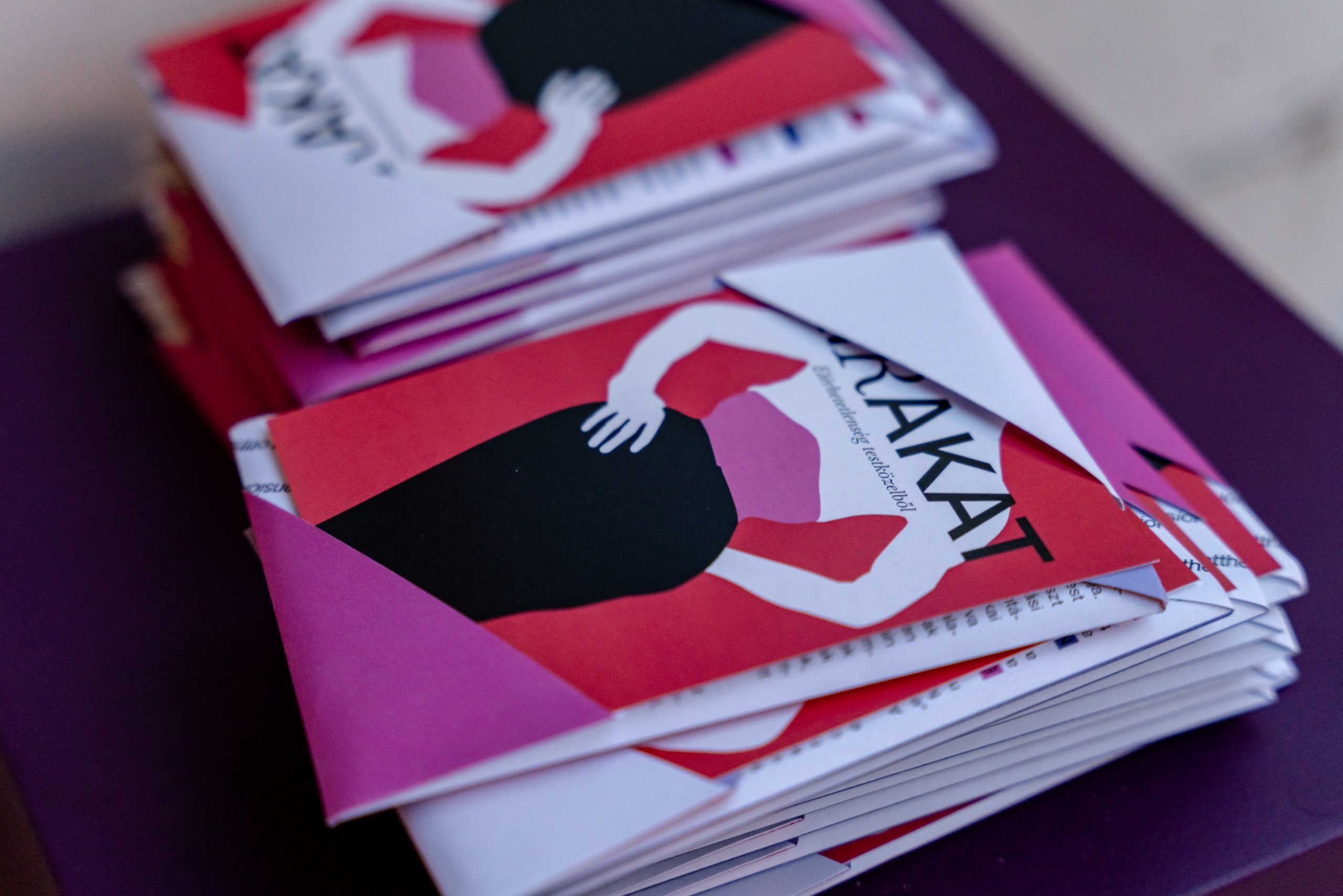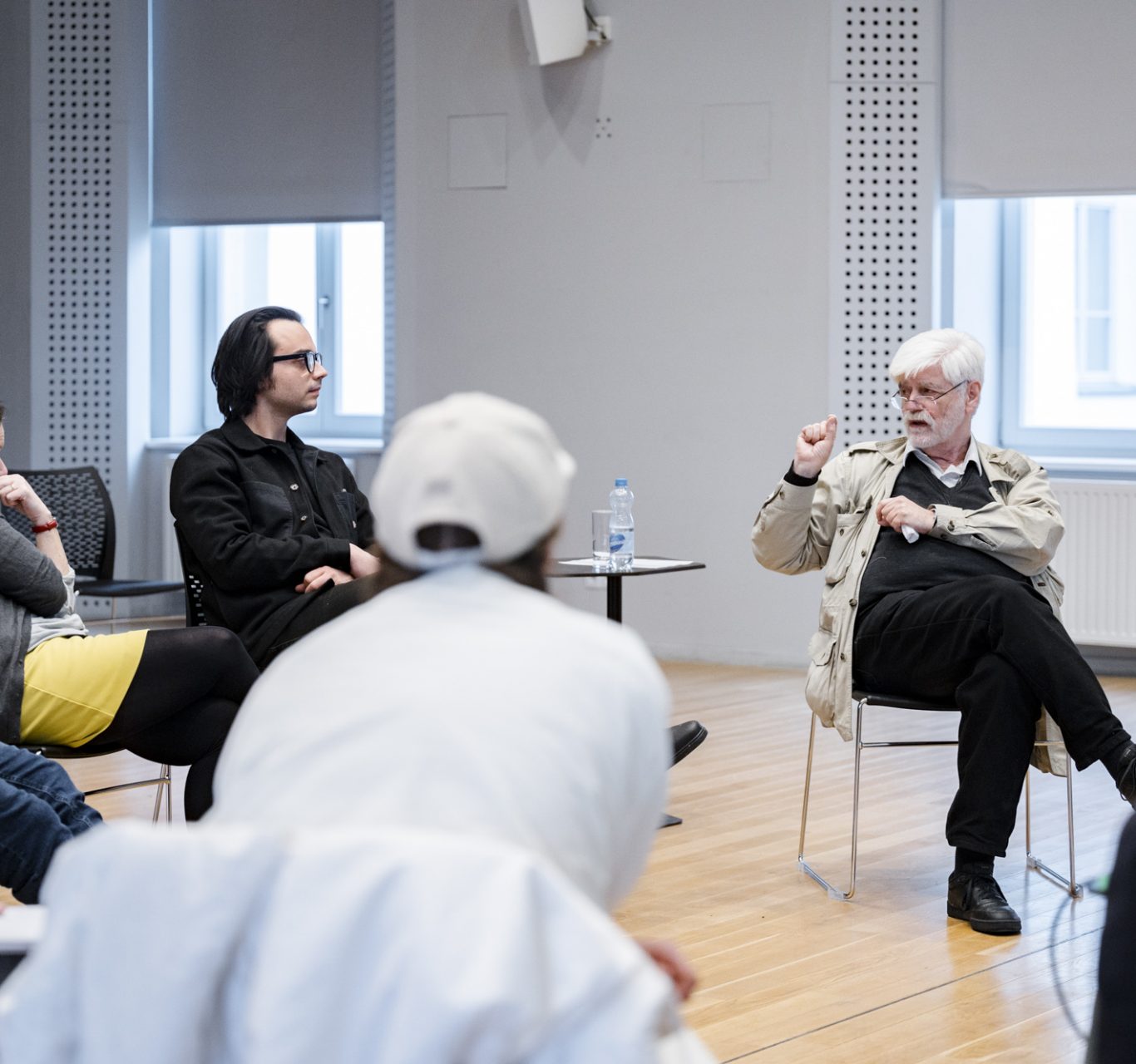
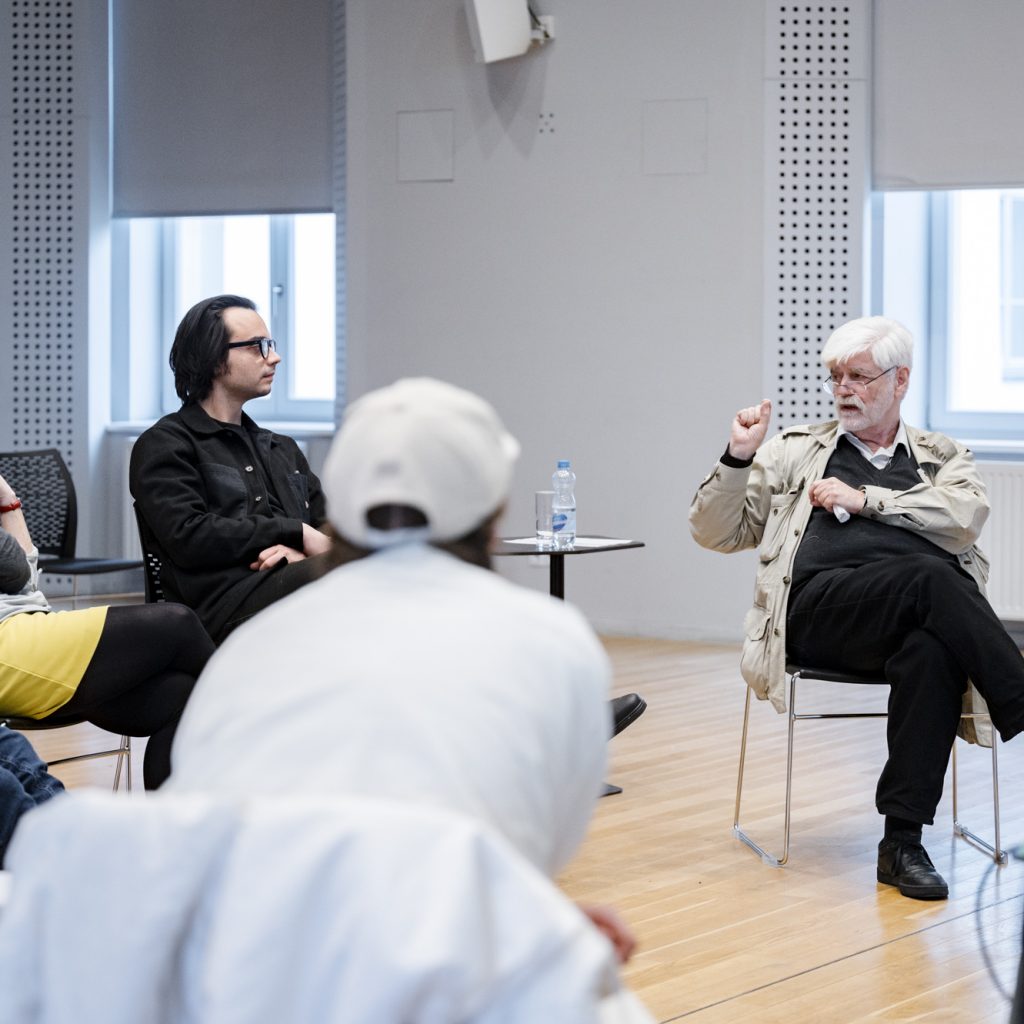
“My aim is to arrive to discoveries with young filmmakers that may be helpful for life” – Interview with Gyula Gazdag
His films, depicting the absurdity of Socialism in Hungary with compassionate precision, speak even to young generations. Gyula Gazdag, a director of iconoclastic films such as The Whistling Cobblestone [1971], The Resolution [1972], Singing on the Treadmill [1974] or A Hungarian Fairy Tale [1987], and others,mentors emerging filmmakers internationally along a similarly empathetic approach. His teaching career took him far from Hungary in the 1990s. He is now a Distinguished Professor Emeritus at the Department of Film, Television and Digital Media of the University of California, Los Angeles and he serves as Artistic Director of the Sundance Filmmakers Lab. His work as an educator has been known as exemplary in Hungary. He was presented with this year’s Moholy-Nagy Award in recognition of his lifetime achievement. On this occasion we discussed with him his inspirations, the laws of storytelling, training young filmmakers and the importance of perpetual curiosity and lifelong learning.
You received the Moholy-Nagy Award late November, in the presence of old friends and acquaintances, including some prominent figures of the Hungarian film industry. It must have been an odd experience, given that you have spent most of the last decades abroad.
I haven’t seen many of those people in a long time. It felt like a time travel. It is strange to see someone after 50 years and find her/him exactly like when we met for first time. We picked it up where we left it off with most of them. It was a wonderful event, a beautifully designed, stylish festivity.
Let’s move back in time to your student years at the Academy of Theatre and Film that you always mention affectionately. What teaching approaches appealed to you at the time?
I came across a great variety of educational approaches. Times are different now, back then ideology was an unavoidable part of education. In my opinion that was a waste of time. Luckily, many of our professors were of the same opinion. Some of them, like Mrs. László Fövény exceeded the official curriculum and instead of Marxist aesthetics, which was the official title of her course, we studied Franz Kafka’s work and the basics of psychoanalysis in Sigmund Freud’s writings, in order to become familiar with banned and hard to find literature. Emil Petrovics, our professor in music, was very demanding when it came to learning to read sheet music. It wasn’t apparent why we needed that and his approach met with pushbacks from students, arguing that filmmakers don’t need that. When in our third year we landed on analysing Beethoven sonatas, reading sheet music proved to be essential in order to understand the structure of sonatas that proved to be directly applicable to different dramatic genres. I was lucky to be exposed to a wide range of approaches as a student and I tried to apply many of them later in my work as a teacher.
Did you have any experience that you later regarded critically, and made a point to change them as a teacher?
I would put it in a different way. I felt strongly how isolated we were in Hungary, and how little we knew about what was going on in the world around us. When still in high school, there were unique one-time screenings of a few films of the French New Wave at the Budapest Cinematheque. At that time, one had reason to think that was the one and only opportunity in our lifetime to see those films, so some of us took turns to stand in line for two days and nights for tickets to those screenings. Then watching Breathless, The 400 Blows, or Hiroshima Mon Amour was a life-changing experience. After that experience I tried to see every film that I had access to. When I travelled to Western Europe for the first time in 1968 on a very limited budget, I made sure to save enough for watching at least one film every day. After graduating from film school, I felt that there was still a lot for me to learn and I wasn’t even thinking of criticising what I had learned in school yet.
Although there is a great need for this kind of curiosity and positivity, one normally experiences a great deal of insecurity as an emerging artist. When you started making films in the 1970s, as a young director you confronted the censorship time and time again and had your films banned one after the other. It must have been incredibly difficult to stay motivated in a situation like that.
It is impossible to stay motivated indefinitely, one just gets worn out. Perhaps the most difficult thing for me was not knowing if my banned films were relevant at all, since they were not seen by audiences. The only response I got was from the authorities and the industry, and oftentimes all it was that this film is simply bad, so I should consider myself lucky for it not being exposed to anyone to see. It is difficult to stay confident in situations like that. However, I realised that my only way to get my next project approved was to submit a screenplay drastically different from the banned one. So, for example, when I finished a social drama that looked like a documentary but was in fact fiction, and it was banned, my next project had to be an entirely different genre to stand a chance of being approved. It was a major lesson for me, but even so, a time came when it looked like I would not be able to make any more films.
That’s when you joined the Csiky Gergely Theatre in Kaposvár. Working in theatre must be very different than making films. How did that influence your creative thinking? What did you apply to your work in film that you learned in theatre?
I learnt a great deal while working in theatre, including the difference in the timing of the actors’ work during rehearsals. During blocking rehearsals, we go through the entire play, then we start at the beginning of the play and work our way through it until the end again. Both the actors and the director work with a constantly evolving image of the play and the future performance. When making a film, however, you need to figure out that image without having previously rehearsed the entire script and you need to prepare how the screenplay is supposed to evolve into the finished film without that collaboration. I learned a lot during rehearsals in theatre about my pre-visualisation process in film. Some of my most important experiences derive from audience reactions that usually require subtle, sometimes tiny changes in the actors’ performances. As a result of my films being banned, I did not experience the audiences’ reaction to my films. To a certain extent I made up for that at the theatre, when watching plays I directed in the presence of the audience evening after evening. On the other hand, I could use some things I learned in film school, for example, when I did lighting designs for plays directed by my friends, based on what I learned in the courses taught by Mr. Béla Bolykovszky at the Academy.
I like to think of the bans of my films and a large part of my career as a learning process. I was infuriated and distressed by the censorship process, yet, I knew every new work would teach me something new.
Was it this constant thirst for knowledge that drove you to teaching?
In the 1980s István Szabó invited me to teach for the first time at the Film Department of the Hungarian Academy. Before that it didn’t even occur to me that I could teach. I first taught documentary history, then became an assistant professor in Károly Makk’s fiction film course and I took an interest there in teaching directing and screenwriting. After the ban of some of my films was lifted, I was invited to the Sydney Film Festival, where I met Hungarian-born Australian director Carl Schultz and as a result of our conversation, he gave me a copy of Samuel Goldwin’s Adventures in the Screen Trade. That is a book on the screenwriting experience of its author. It is like a collection of case studies and it is far from being prescriptive. It deals with issues Goldwin faced and the solutions he came up with during the writing and the shooting and post-production of his screenplays. During my first quarter at UCLA, I spent a lot of time at the Art Library, reading books on directing and as a result I realised that I was unable to articulate any universally applicable wisdom to the students.
Every story has its own rules and it is our job as directors to discover and apply them. Pushing a one-size-fits-all approach to storytelling results most probably in telling the story in a way that is not the optimal way to tell it. Similarly, every filmmaker is an integral universe and every talent has individual needs in order to deliver their best work.
Throughout your career, you were involved in several international screenplay development programmes. Partizán’s documentary entitled System Error summarising the history of Hungarian film mentions how screenplays are not given enough consideration in films. What are your thoughts on this?
Before the regime change, a screenplay approved by the authorities was required for a film to be realised. It was customary to adjust the script to the assumed requirements of censorship, and conceal crucial motifs in it as opposed to shaping the screenplay following the story’s needs. The practice of auteur-driven film, where directors had control over changing their script on a daily basis, had been dominant for long years. Therefore, the screenplay had no real prestige. To a certain extent that was true abroad as well, although in a different way and for different reasons. The status quo began to change in the late 1980s, when Hollywood started to use some books that attempted to summarise general rules of screenwriting. A formula emerged that has gradually become dominant, then mandatory. Although originating from Aristotle’s Poetics, I don’t think it can be used as a foolproof method, especially not when considering every story unique. To tell you the truth, I haven’t seen enough Hungarian films over the last decades, so I’m not familiar with the present role of screenplays in Hungary. I watched the 2023 Hungarian film Explanation for Everything a couple of weeks ago and I think it is made from a strong, powerful screenplay.
The Film Foundation – currently the National Film Institute – used to have a stronger focus on screenplay development in the 2010s.
A prominently screenplay-centred approach is usually handy for funding bodies that often have difficulties pre-visualising a film even from the screenplay. With directors such as Yasuhiro Ozu, Robert Bresson, Miklós Jancsó or Béla Tarr, the screenplay doesn’t necessarily reveal the tone and visual style of the future film, because the cinematic language spoken by the filmmaker is nonverbal and it is articulated through the chemistry between the director, the cinematographer, and the actors on set. The dominance of screenplay is a convenient tool for control, usually practiced by funding bodies and in cases of producer-dominated filmmaking. In many cases dialogue-focused filmmaking practice led to eliminating other ways of filmmaking. For example, a film like Claude Goretta’s almost storiless, beautifully poetic The Lacemaker couldn’t have been made today, because it does not fit the Formula.
In my view, directors today should be creative to achieve and protect the necessary creative freedom in order to realise what their story needs, or, with a lot of luck join forces with a producer who trusts and supports them unconditionally. Presently, I can’t see any other way for independent, creatively free filmmaking to meet the needs of a story.
As a teacher, how well can you prepare young filmmakers for this challenge?
Emerging filmmakers struggle a lot to gain attention and trust. I see it as a considerable part of my job to boost their confidence. However, before everything else, they need to learn humility, so that they can truthfully serve their story. They should have reason to trust their own talent and be prepared to face the challenges of their story openly and honestly, thus as a result, they could deliver the best possible film. We should start to discuss potential strategies of collaboration with funders, or, where the market stands and how to adapt to that only when we already have a strong footing in the language of our film. My aim is always to land on discoveries that may become helpful throughout the entire career of those young filmmakers I have a chance to work with.
// /
Fotók: Lakos Máté
